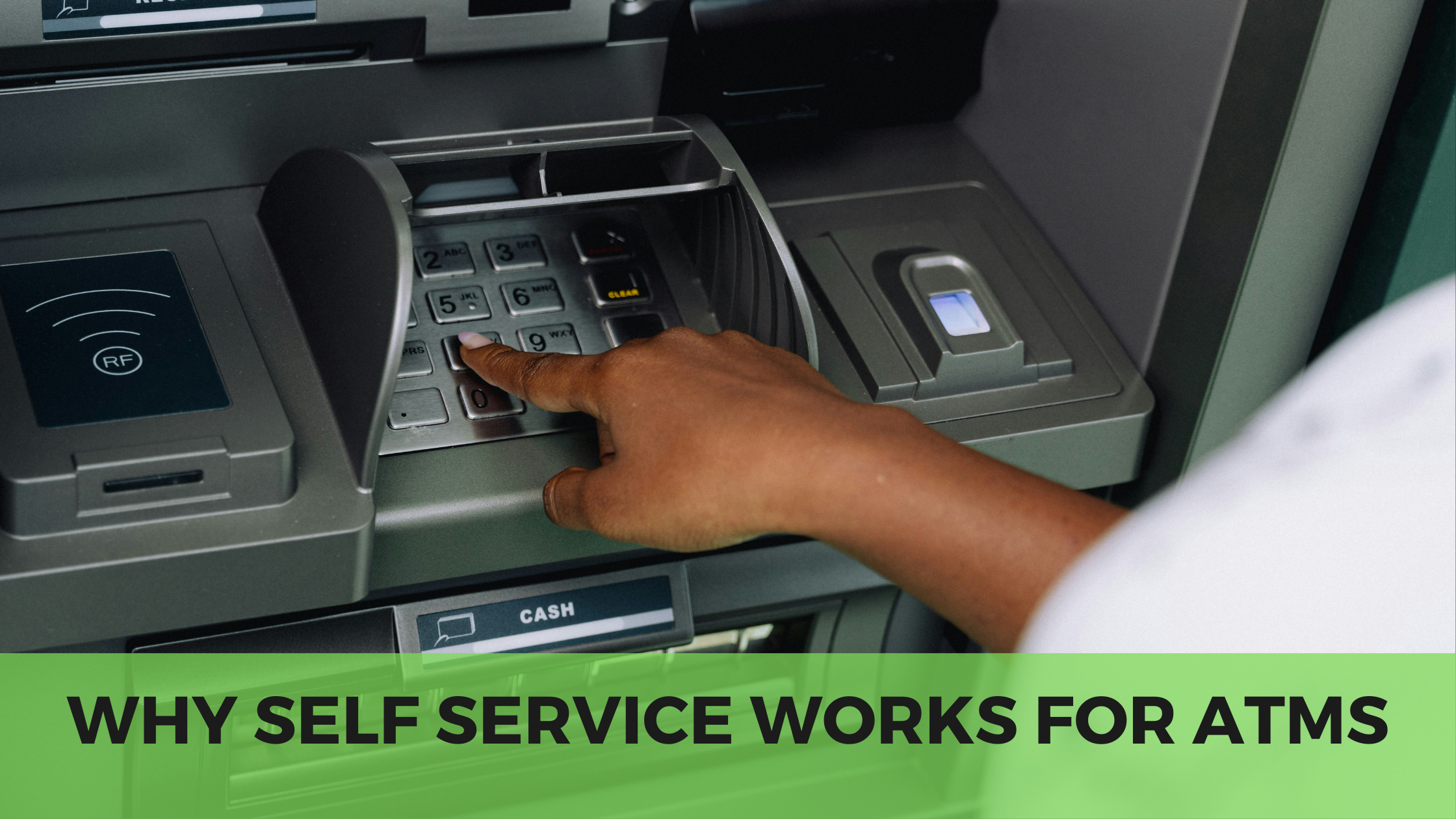“Sudesh, that was an amazing session.” This is the kind of ambiguous praise I receive from time to time. Its okay but not effective.
Effective feedback includes information about both good and poor performance. Although most people are a lot more comfortable giving feedback on good performance than they are on poor performance, you need to follow certain guidelines when giving praise:
Praise should be sincere and given only when it’s deserved. If praise is given repeatedly and when it isn’t deserved, employees are not able to see when a change in direction is needed.
Praise should be about specific behaviors or results and be given within context so that employees know what they need to repeat in the future. For example, a manager can say the following:
Daniella, thanks for providing such excellent service to our client. Your efforts helped us renew our contract with them for another two years. It’s these types of behaviors and results that our group needs to achieve our goal for this year. And, this is exactly what our company is all about: providing outstanding customer service.
In giving praise, take your time and show that you’re pleased, rather than rush through the information, looking embarrassed. Finally, avoid giving praise by referring to the absence of the negative, like, for example, “not bad” or “better than last time.” Instead, praise should emphasize the positives and be phrased, for example, as “I like the way you did that” or “I admire how you did that.”
Consider the following vignette, which illustrates how a manager might give praise to her employee.
After the successful completion of a three-month project at a large telecommunications company, Hannah, the manager, wants to congratulate Jacob on a job well done. Hannah calls Musungu into her office one day after the project is completed.
HANNAH: Thanks for stopping by, Musungu, and thank you for all of your hard work over the past three months. I know that I might not have congratulated you on every milestone you reached along the way, but I wanted to take the time to congratulate you now. Your organizational skills and ability to interact successfully with multiple departments led to the successful completion of the project on time and within budget.
MUSUNGU: Thanks, Hannah. I have really been putting extra effort into completing this project on time.
HANNAH: It shows, Musungu, and I appreciate all of your hard work and dedication to this team and our department. Thanks again and congratulations on a great end to a long three months.
In this vignette, Hannah delivered praise to Musungu successfully and followed the recommendations I described earlier. She was sincere and made sure not to praise Musungu too often, so that when she did praise him, it was meaningful. She described how Musungu’s organizational and project management skills led to the successful completion of the project. And, Hannah took her time in delivering the praise and made sure that Musungu took the praise seriously.








